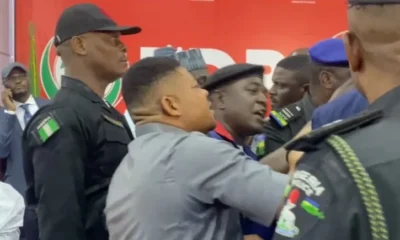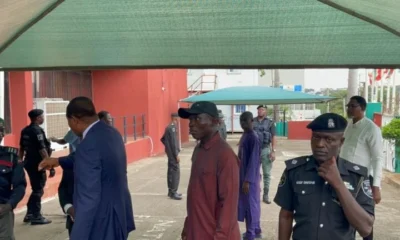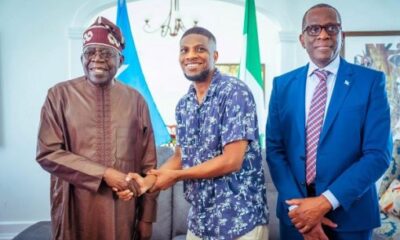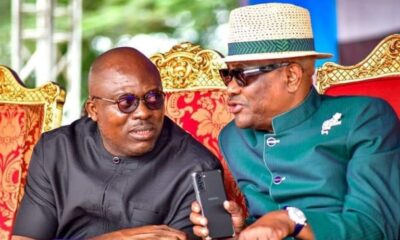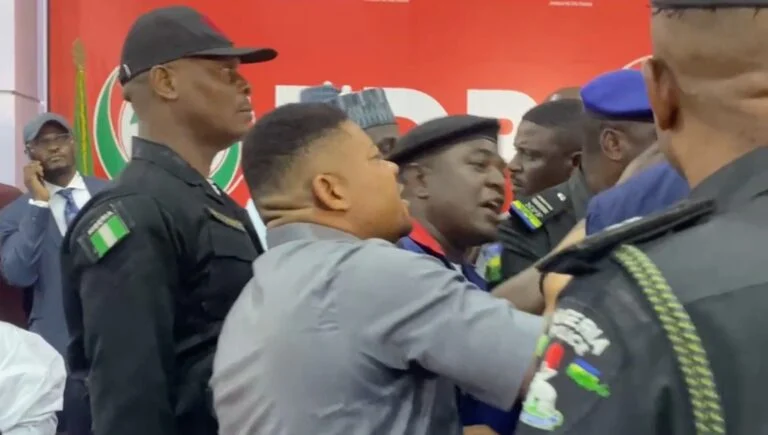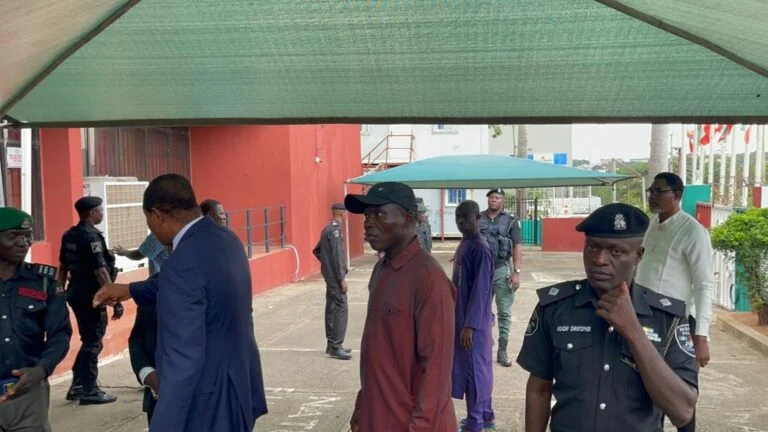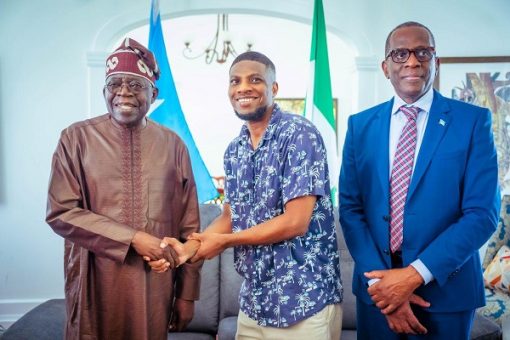The Standards Organisation of Nigeria (SON) and the Nigerian Midstream and Downstream Petroleum Regulatory Authority (NMDPRA) certify the imported Premium Motor Spirit, popularly called petrol, that is imported into Nigeria, oil marketers have said.
They disclosed this on Thursday in response to claims by the Dangote Petroleum Refinery that off-spec petroleum products were imported into the country by dealers.
On Tuesday, the refinery informed Pinnacle Oil and Gas Limited and other oil marketers that the deregulation of the downstream oil sector should not be used as a justification for the importation of off-spec petroleum products or the undermining of Nigeria’s national interests.
Oil marketers denied this claim on Thursday, with the Managing Director/Chief Executive Officer of Pinnacle Oil and Gas Limited, Robert Dickerman, revealing that his firm signed a 13-year agreement with the Dangote refinery to distribute the refinery’s petroleum products through pipelines.
Dickerman pointed out that independent inspectors, NMDPRA, and SON, among others, “inspect our products, so we can’t bring in off-spec products into this country.”
His position was confirmed by SON, as an impeccable source at the agency told one of our correspondents that the Standards Organisation of Nigeria was involved in the testing of imported petroleum products.
The official added that the organisation operates its own laboratory facility to check if the commodities are off-spec or not.
“Yes, We are involved in the testing of petroleum products when they come into the country. We are involved in that. We have our laboratory facility where these tests are conducted. It’s to ensure if the commodities meet regulatory standards or off-spec,” the official said.
A major marketer also kicked against the claim that dealers import off-spec products into the country, particularly since the downstream oil sector was deregulated by the Federal Government.
“I once told you what we went through when we brought in our imported cargo of petrol. The product underwent a lot of laboratory tests. I know the NMDPRA carries out tests on imported products. They took a sample of our recent import when it was still in the mother vessel at Atlas Cove before it was moved to Apapa.
“At the point of discharge, they took the sample again before allowing us to put it in our tanks. The NMDPRA has certified laboratories that they use. We have our laboratory, but the NMDPRA will not allow you to do your test without them certifying the product by themselves.
“The testing is in three stages, the one in Atlas Cove when the vessel lands in Nigeria. When the product moves to your point of discharge, they will do another test before they allow it into your tanks and aside from that, the day you want to start loading they will carry another test,” the marketer, who spoke in confidence due to lack of authorisation to speak on the matter, stated.
Addressing newsmen in Lagos on Thursday, Dickerman said the clarification became necessary to debunk the statement from the Dangote refinery, which accused Pinnacle of plans to blend substandard petrol in Nigeria.
The Dangote refinery had also said the Pinnacle MD approached it, pleading with the refinery to extend pipelines to its tank farms in order to blend substandard imported petroleum products with its ‘high-quality’ ones.
Reacting, Dickerman described the statement as defamatory, inaccurate, and intentionally misleading.
The managing director said it proposed and invested in pipelines to distribute petroleum products from the Dangote Refinery, saying pipeline transfer is far less costly than distribution by ship or trucking across the country.
According to him, when the project was proposed to Dangote, it wholeheartedly agreed and signed a 13-year interconnection agreement with Pinnacle Oil.
“On November 5, Dangote issued a Press Release titled, ’Pinnacle Oil and Gas FZE: Our Stand’. It is unfortunate and deeply concerning that this release contained several statements that are defamatory, inaccurate and intentionally misleading. Further, it advocated a national policy that would cause severe economic damage to Nigerians by raising the cost of petrol above global market prices and higher than they are today.
“In our effort to further enhance distribution efficiency, we proposed and invested in pipelines to distribute petroleum products from the Dangote Refinery, as pipeline transfer is far less costly than distribution by ship or trucking across the country. When we proposed this project to Dangote, they wholeheartedly agreed and signed a 13-year interconnection agreement with us.
“In addition, Dangote facilitated our process of achieving regulatory approval by writing two Letters of No Objection to the regulator to enable our project to proceed. The agreement to allow us to interconnect our pipeline to them was agreed actually in 2022 and I think it was signed in early 2023. So it was about two years ago that we actually reached this agreement, and it was done very comprehensively, from a commercial and a legal standpoint,” Dickerman stated.
He narrated that a lot of processes had gone into the project since it was signed, including the engineering design for the pipelines, surveying, getting the right of way, and letters of no objections from anyone who could be affected by the pipeline.
“There’s a whole bunch of stages to a project. This is not unlike any other construction project. It’s a very simple and straightforward process. This was done first. There was never a hint that this was not a good deal for both parties ever. So, it’s just not true that they opposed it. It’s simply not true that they opposed it. They supported it,“ the Pinnacle boss stated.
This came as the Nigerian National Petroleum Company Limited denied a video clip that claimed the oil firm was selling dirty fuel from an NNPC Retail outlet at Keffi Flyover.
“We have carried out spot checks at all our outlets and found this claim to be false. The product was not, and could not have been bought from any NNPC Retail outlet as the company does not dispense petroleum products into bottles or jerrycans as displayed in the video,” it said in a statement issued by its spokesperson, Olufemi Soneye.
It added, “NNPC Retail Ltd does not deal in adulterated products as it adheres to rigorous standards and quality control measures at every stage in its operations to ensure that only high quality, safe, and reliable petroleum products are available at its stations nationwide.
“Members of the public should discountenance the spurious claims made in the video and be wary of selfish and unpatriotic elements pushing such a narrative as they do not mean well for the country.”

 BIG STORY5 days ago
BIG STORY5 days ago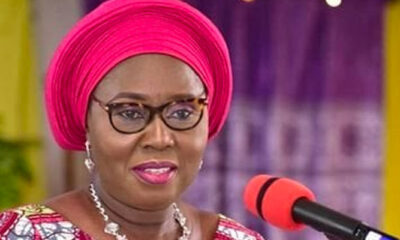
 BIG STORY5 days ago
BIG STORY5 days ago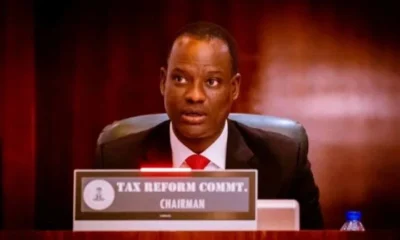
 BIG STORY4 days ago
BIG STORY4 days ago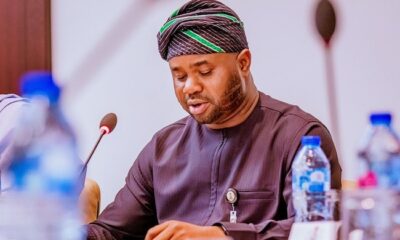
 BIG STORY5 days ago
BIG STORY5 days ago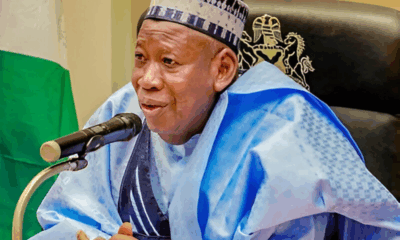
 BIG STORY4 days ago
BIG STORY4 days ago
 BIG STORY4 days ago
BIG STORY4 days ago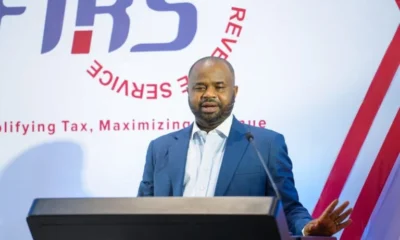
 BIG STORY4 days ago
BIG STORY4 days ago
 BIG STORY4 days ago
BIG STORY4 days ago







